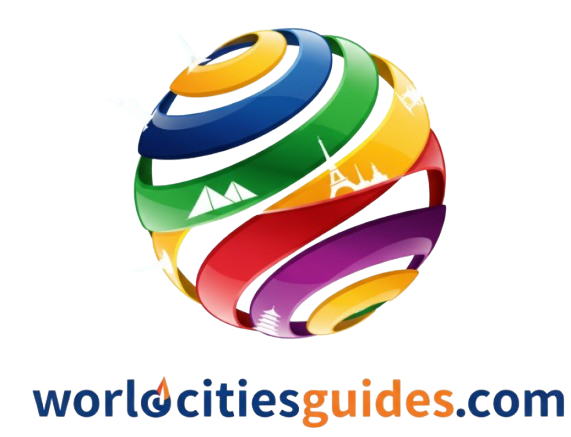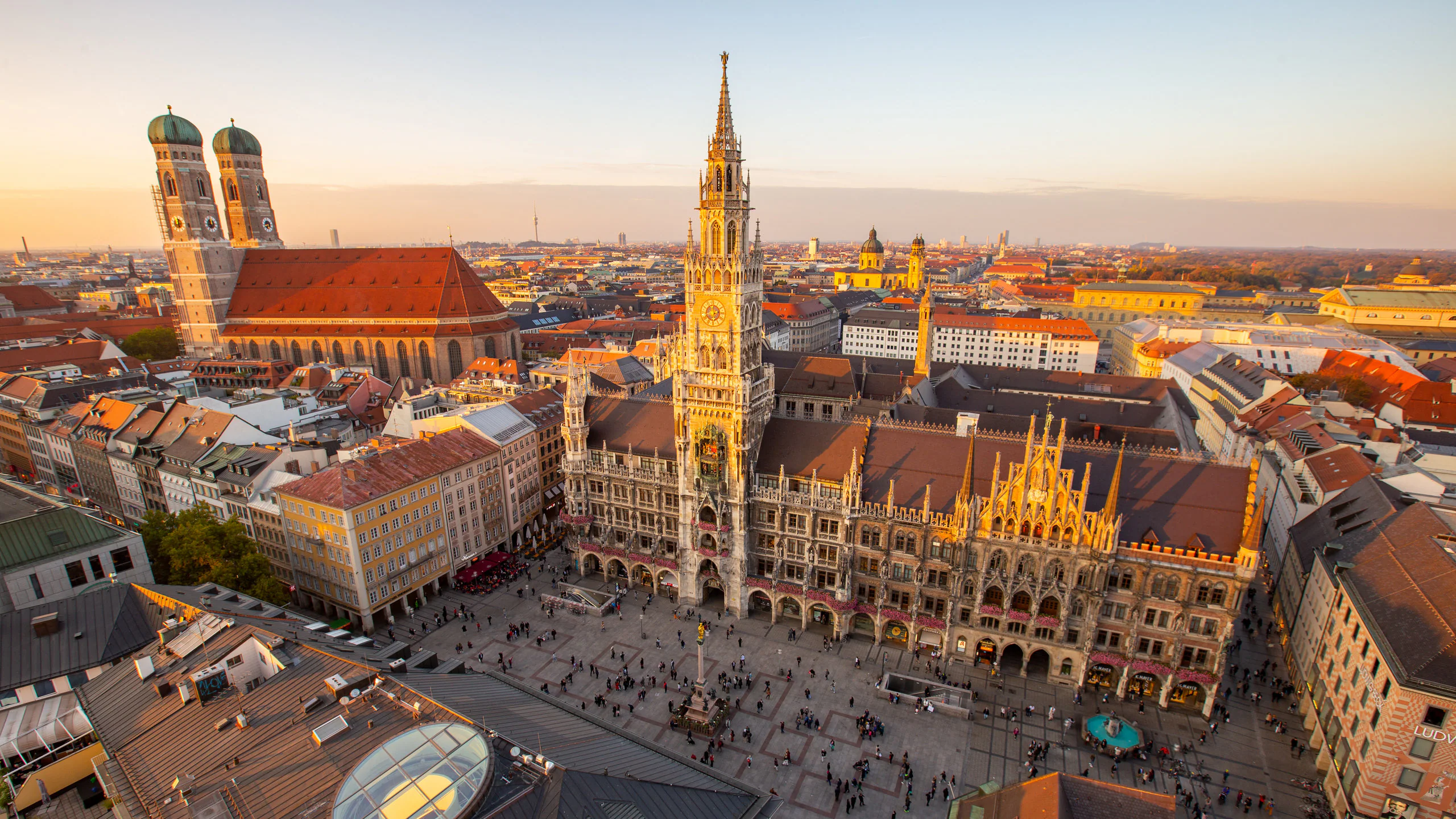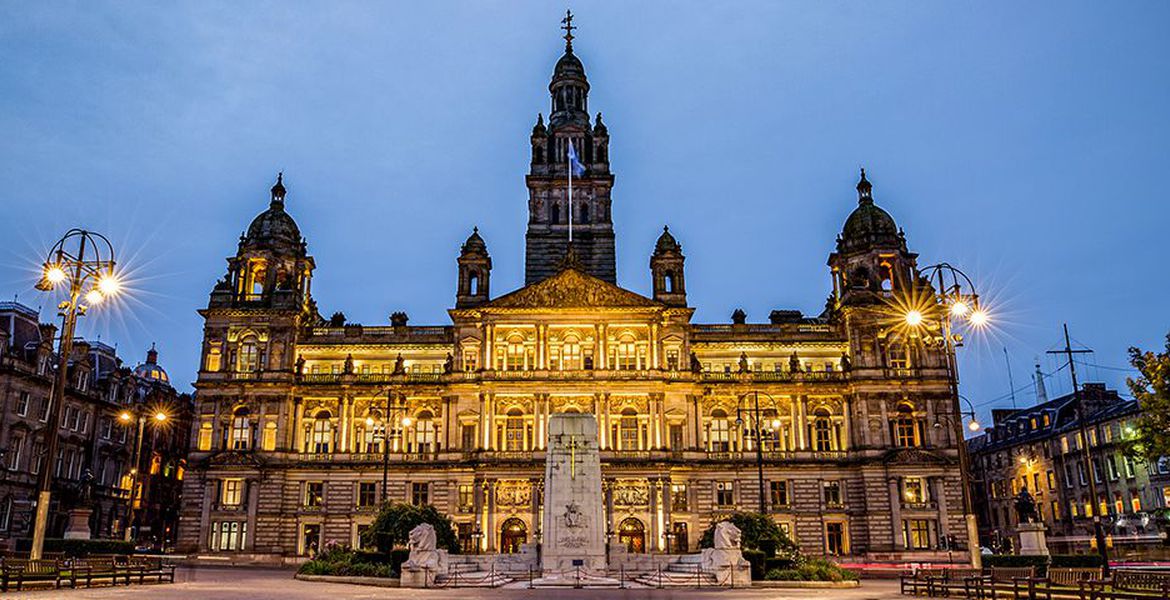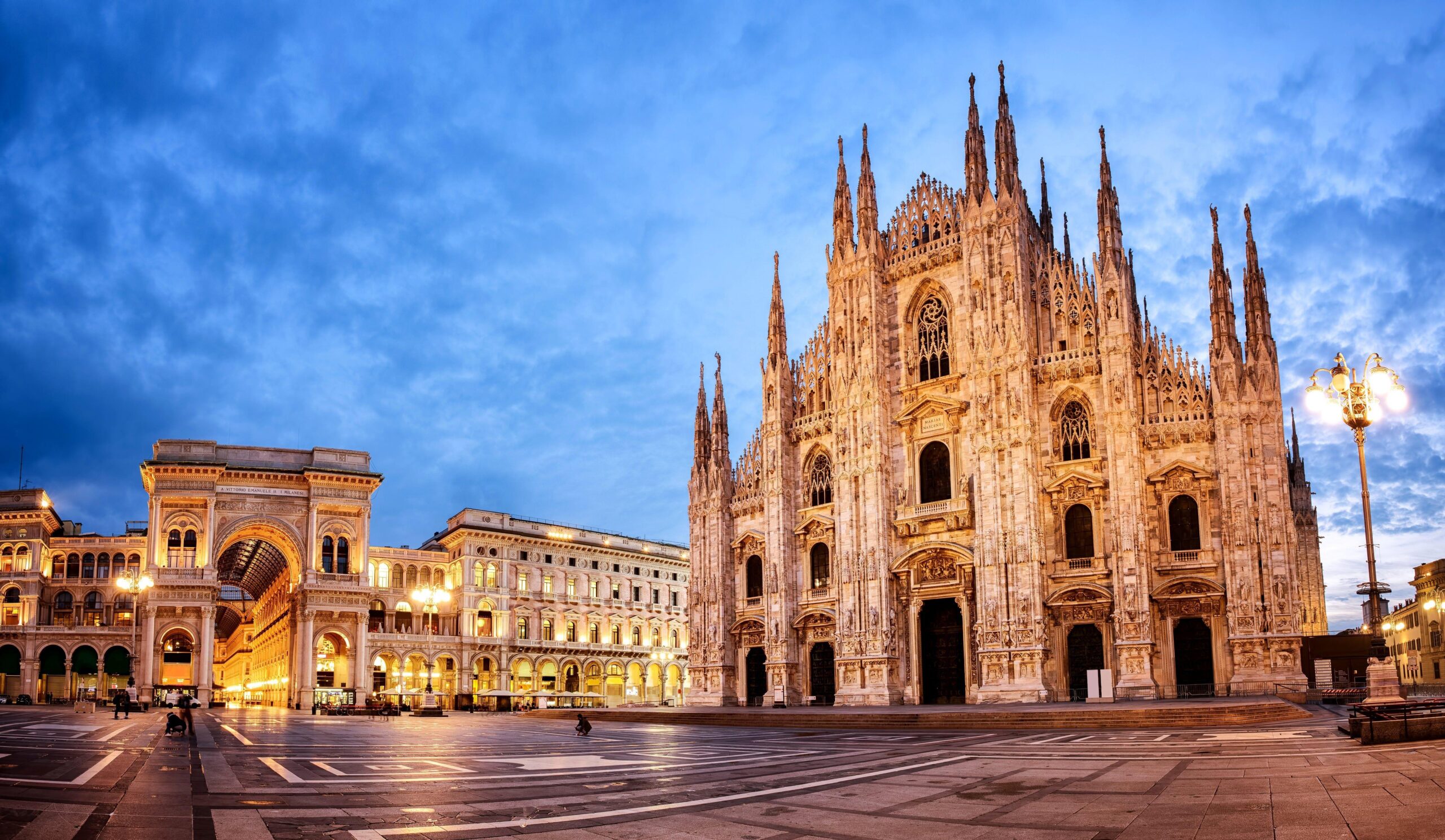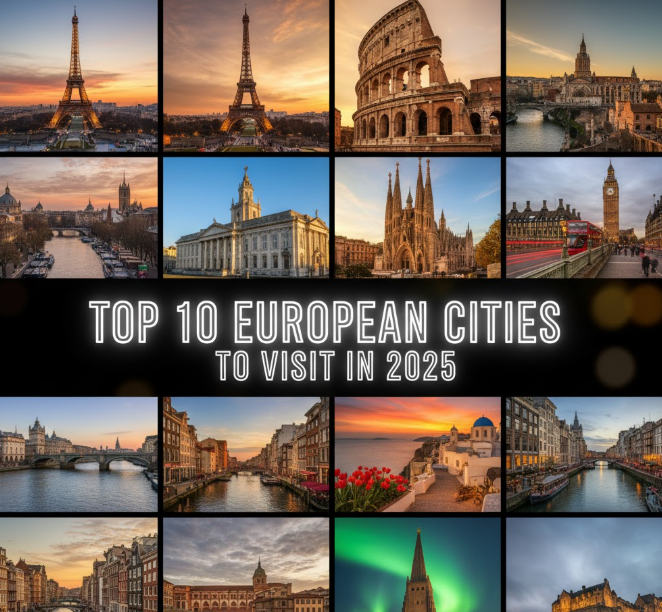A city that easily pertains its rich history to modern day life is Munich; Bavaria’s capital – located in Southern Germany. A favorite among tourists due to its history, architecture and vibrant traditional festival atmosphere Munich attracts over a million visitors each year. One must delve into the history, demographics and language of a great city and country; know its currency, electrical system, climate, diet and most important forms of transportation; understand where it is safe — for a traveler — to be in order to not get mugged in the worst parts; and know what places are worth visiting.
HISTORY OF MUNICH
Munich has its origins in the 12th century, officially founded in 1158. The word “Munich,” (or M unchen in German), the Bavarian capital’s name, translates to mean “by the monks’ place,” describing how a Benedictine monastery grew on the spot. During the centuries little village grew into a town and from there in what is now one of the powerful and impressive German cities. It was the residence of the Wittelsbach dukes, later kings, of Bavaria who governed from 1508 to 1918.
Experiencing its share of violence and bomb damage during World War II, the city has rebuilt itself stronger from the ashes. After the war, Munich was remade into a centre of innovation, learning and culture. Today, it is known for its historic sites as well as modern institutions like museums, theaters and tech companies.
POPULATION AND LANGUAGE
Munich, which has a population of about 1.5 million and is Germany’s third-largest city after Berlin and Hamburg, is also home to the center-left opposition leader, Sigmar Gabriel. That city has a global population, accepting people from around the world. The latter diversity is enriching the atmosphere of Munich.
Munich Language The main language of Munich is German, the Bavarian dialect which gives local flavor to everyday chatter. But, because the city is international in nature, English is widely spoken here too – especially in business and tourism – so you won’t find it diffucult to get by as long as you don’t mind using what non-Dubliners call “foreign”, i.e. Irish (or Gaelic).
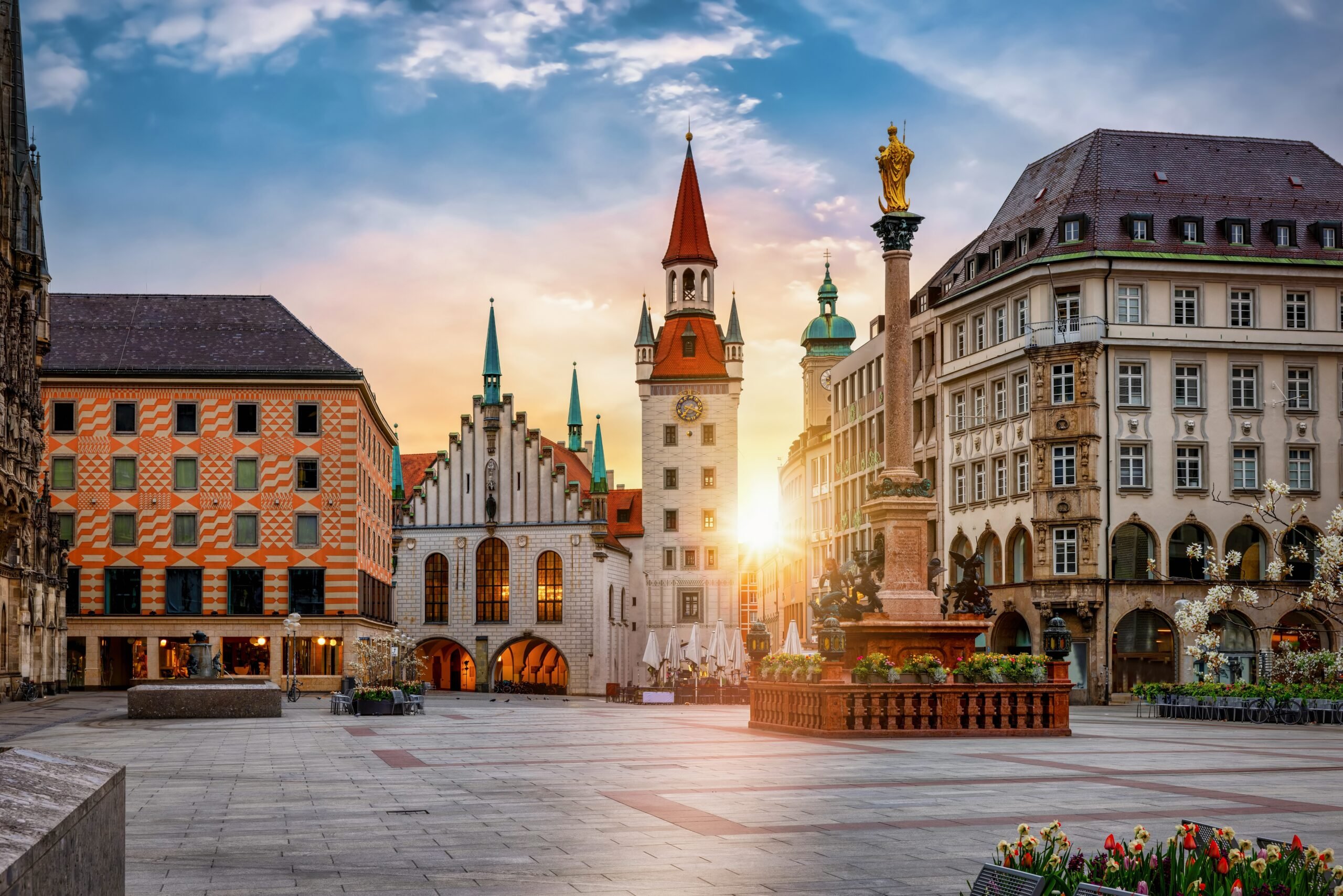
CURRENCY AND ELECTRICAL SYSTEM
Germany (Munich too) uses the Euro (€). The Euro is readily accepted in all businesses, big or small boutiques to markets.
For electricity, Munich uses the standard European voltage of 230V at a frequency of 50 Hz. The types of power plugs used are Type C and Type F, the two round pin plug.Visitors travelling from countries with different plug outlets will need adapters and can also use voltage converters to prevent device damage.
CLIMATE
Munich has a temperate oceanic climate (Köppen: Cfb) with four distinct seasons. Winters are cold and snowy with the average daily temperatures dropping below zero, that s why summers compare milder to warm with an average of 20-25 °C (68-77 °F). Spring and fall are mild transitional periods which are suitable for sightseeing.
The city gets good amount of rain all round the year make it betterideasto carry an umbrella or a raincoat. Munich’s closeness to the Alps also has an effect upon its climate, which can bring unexpected changes, particularly in winter.
TYPICAL FOOD
Munich’s food scene is traditional Bavarian through and through, with substantial and flavorful meals that reflect its territory’s agricultural bounty. Iconic dishes include:
Weißwurst: A white veal and pork sausage, usually seasoned with parsley, lemon, mace, onions, ginger, and/or cardamom. It’s generally consumed before noon, with sweet mustard and warm pretzels.
Pretzels (Brezn): Big, soft and salty. The pretzel is the signature snack of Bavaria!
Schweinshaxe: Also known as ham hock or pork knuckle, a roasted and crispy-on-the-outside dish that’s tender on the inside, served with sauerkraut or red cabbage.
Obatzda: A creamy cheese spread, made using Camembert, butter and a variety of spices that is eaten with rye bread or pretzels.
Dampfnudel: Known here as a sweet steamed bun that is served for dessert with vanilla sauce or fruit compote.
TRANSPORTATION
The public transport system is both practical and extensive, making traveling around Munich a rather simple affair. Subways are part of Munich’s MVV (Münchner Verkehrs- und Tarifverbund) and the systems include subway, suburban train (S-Bahn), tram, and bus.
U-Bahn: The U-Bahn (underground metro) network is extensive and will take you to most parts of the city frequently throughout the day and night for rapid transportation.
S-Bahn: The suburban train system links Munich with the surrounding areas and airport, for easy commuting and travel.
Trams and Buses: Both operate in places the U- and S-Bahn don’t cover, studying a public transport map makes it all clear.
There’s also a thriving cycling culture, with lots of bike lanes and rentals available.For road trippers, Munich is easily accessible by highways and roads — although city traffic can be heavy during rush hours.
SAFETY
Munich is generally considered to be the safest large city in Germany and one of the safest cities in Europe. Levels of crime are low, in particular violent crime. Petty crime, including pickpocketing can happen especially in crowded tourist spots so visitors should be mindful.
There are police everywhere in the city and emergency service is good. People who keep to their hearts the friendliness and helpfulness of the inhabitants, it is what makes this city pleasant for tourists and residents.
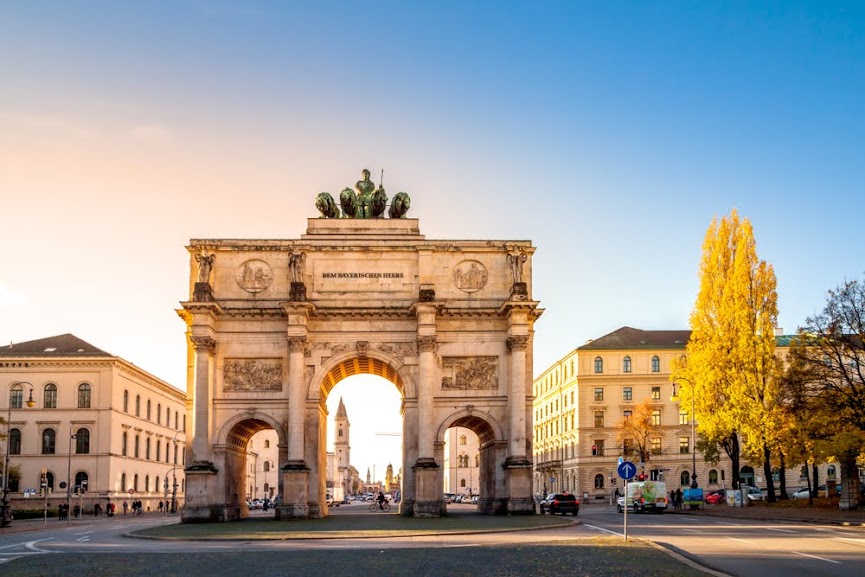
MAIN TOURIST ATTRACTIONS
Munich is wonderful full of things to see, from historicto cultural to completely natural:
Marienplatz: The city’s main square with the New Town Hall (Neues Rathaus) and its popular Glockenspiel clock show. It’s the very heart of Munich’s gregarious social life, as well as a launching pad for countless tours.
Nymphenburg Palace: A gorgeous Baroque palace built on almost 500 acres of gardens, it was the summer residence used by Bavarian royalty.
English Garden (Englischer Garten): One of the biggest city parks in the world, perfect for chilling out, cycling and trying beer gardens like the iconic Chinese Tower.
Munich Residenz: This is the former palace for Bavarian kings and also bequeaths a museum showcasing extravagant interiors, art collections, and historical gems.
Viktualienmarkt: Bustling daily food market with fresh produce, local specialties and handmade products.
BMW Museum and Welt: Also for the petrol heads among us, they have exhibits celebrating the legacy of the Bavarian automobile manufacturer, not to mention futuristic concept cars.
Deutsches Museum: One of the world’s biggest science and technology museums, absorbing for all ages.
Oktoberfest Grounds Even when the festival isn’t in full swing, Theresienwiese is a draw to visitors who want to know more about the world’s largest beer festival.
OTHER IMPORTANT ASPECTS
Munich is also a city of learning and technology, with acclaimed colleges and research establishments. A center of technology, finance and the arts, it also boasts numerous theaters, galleries and music venues that have helped give rise to a prolific creative class.
The city is a mix of the old and new, with Gothic churches and Renaissance buildings huddling alongside modern steel and glass skyscrapers. Munich is a city keen on sustainability and ‘green’ living, as seen in its plethora of parks, green roofs and environmentally friendly public transport projects.
Munich is a lively and accepting city socially. The locals are proud of their traditions, but urbane and progressive in spirit.” The festivals, markets and community gatherings take place all year long giving you some of the best chances of experiencing authentic Bavarian living.
Not just any city, Munich is an experience that encompasses history, culture, beauty and even modernity all at once. From the medieval streets radiating from Marienplatz to the rambling English Garden, and from savory Bavarian dishes to world-class museums, there is something for every taste in this city. With its safe, clean and organized environment it is an attractive place for travelers to access one of the most intriguing urban centers in Germany.
Whatever brings you to the beer gardens or the art museums, the festivals and general atmosphere, Munich is almost certain to steal your heart as a city perfectly wedged between tradition and modernity.
